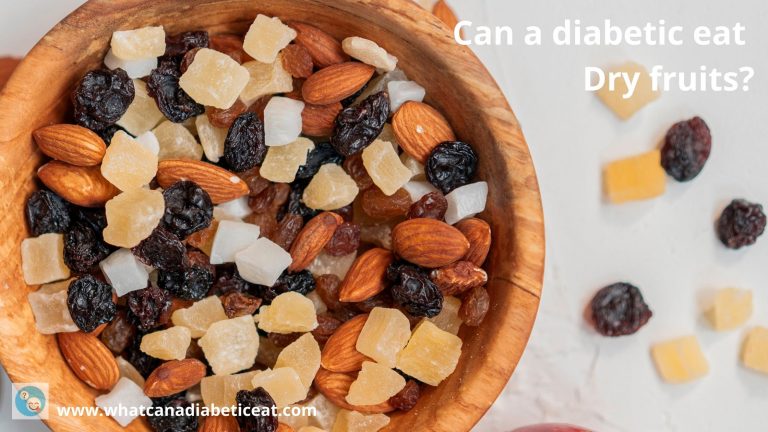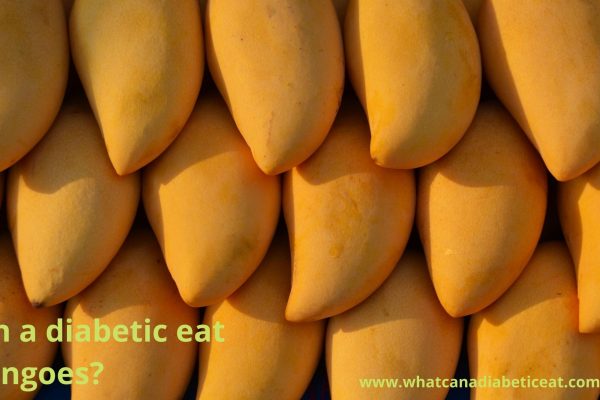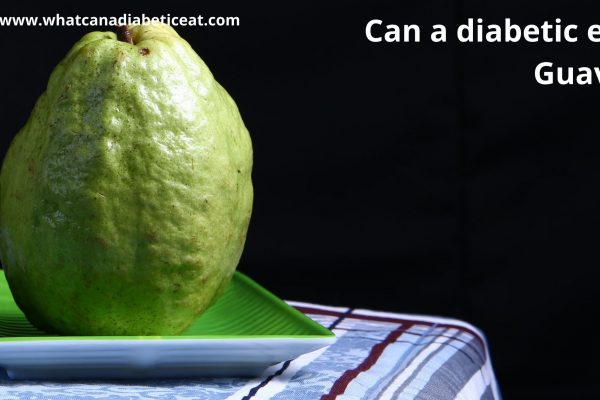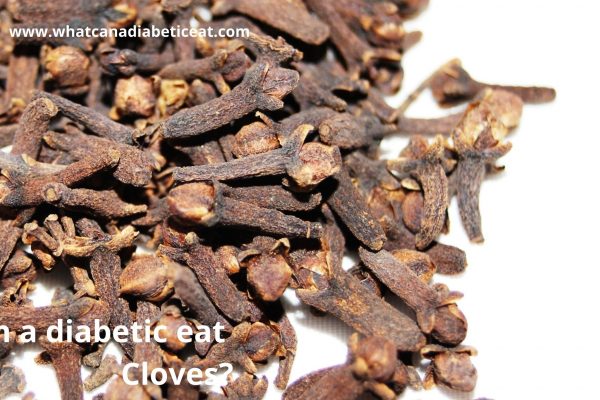Can a diabetic eat Dry fruits?
Yes, a diabetic can eat dry fruits as they carry good nutrition and are a great source of energy and stamina. Dry fruits can be included as part of a diabetic meal plan. However, when it comes to a diabetic eating dry fruits, portion size is important. Dry fruits tend to be higher in sugar than fresh fruits due to dehydration. Moreover, dry fruits tend to have higher glycaemic index (GI) than fresh fruits. All such reasons emphasise the importance of limiting portion size when eating dry fruits.
What are the benefits of eating dry fruits?
Dry fruits are rich in dietary fibre, proteins, vitamins, minerals and antioxidants to begin with. A combination of dry fruits and nuts including dates, raisins, dried apricots, almonds, walnuts and pistachios are popular, delicious and healthy snacks for diabetics. You may also add few a bit of fresh or dry coconut to make it even more appealing. Dry fruits are easy to pack and carry around. So, dry fruits make a more convenient snack than fresh fruits while giving you all the nutrients that fresh fruits have.
Dry fruits also provide you with many bioactive compounds that can protect your health. Thus, many experts consider dry fruits as very healthful because of their nutrient profiles. You can mix dried fruits with nuts such as cashew nuts, almonds, pistachios to make your snack more nutritious. Dry fruits and nuts are a great way of getting potassium, iron and protein into your body.
How much dry fruits can a diabetic eat?
Dry fruits have much higher amount of sugar and calories compared similar amount of fresh fruits. So, a diabetic must be watchful of portion size when eating dry fruits. The key is that about a quarter cup of dry fruit qualifies as a portion against a cup of fresh fruit. Hence, when a diabetic eats dry fruit, it is important to limit the portion size to a quarter of a cup.
If you find the dry fruit portion size too small, you can combine with other diabetes safe foods to make it more filling. When you mix dried fruits with almonds, cashews or raisins etc. it is often easy to get carried away. People often end up eating too much in terms of sugar, calories or carbohydrates when they snack on dry fruits. Hence a diabetic must be cautious with the portion size when eating dry fruits to avoid blood sugar spikes or weight gain. Mindlessly nibbling on dry fruits can be harmful for diabetics and others too.
You may find a blood glucose monitor like this one handy to check your blood sugar level at home so you know how much dry fruits you can eat before your blood sugar lives spike.





